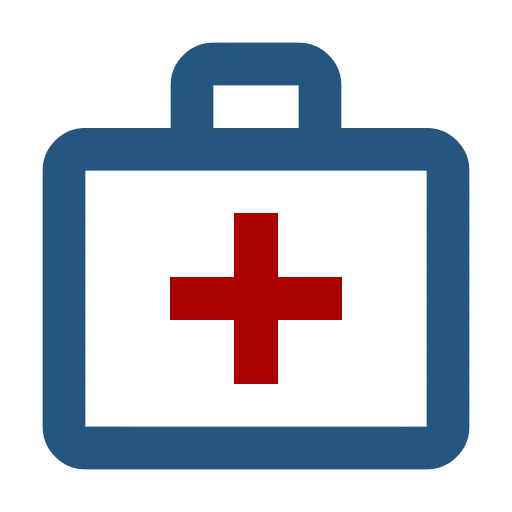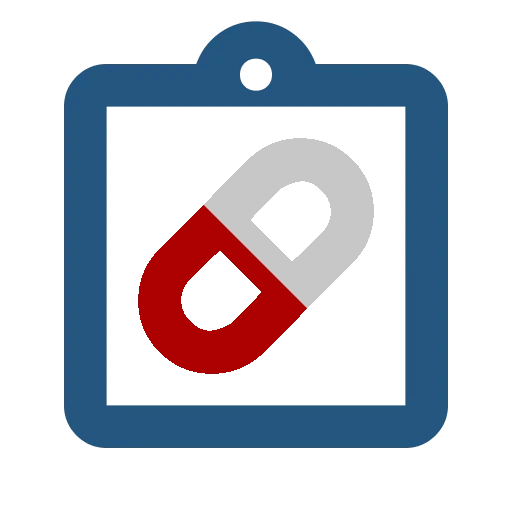Constipation


Introduction
Introduction
generally speaking, as bowel habits are extremely variable from one person to another. A bowel movement frequency of three times a day is considered completely normal, as is a frequency of three times a week. Constipation can be considered abnormal if bowel movement frequency is regularly less than three times a week, if the stools are hard and if evacuation is irregular, incomplete, difficult, or painful.

Causes
Causes
Many factors can cause constipation:
- A sedentary lifestyle (lack of physical activity).
- Inadequate diet, low in fibre and fluids.
- Change or disruption in lifestyle (stress, travel).
- Certain medications, such as painkillers, antidepressants, iron supplements.
- Diseases of the colon, rectum, or anal canal.

Treatment
Treatment
To stimulate your intestinal transit, we recommend:
- That you drink enough every day (1.5 to 2 litres of water daily), preferably in the form of unsweetened beverages such as tap or mineral water, fruit or herbal teas.
- That you consume more fibre (fruit, vegetables, whole grains).
- That you engage in regular physical activity, if possible every day (even just walking).
- That you go to the toilet as soon as you feel the urge.
A laxative treatment can be used if necessary, for example if you have severe stomach pain or have been constipated for more than 3 days. Thanks to the above measures and laxative treatment, your constipation should improve within a few days.
If you think your constipation may be secondary to one of your medications, talk to the doctor who prescribed that treatment to find out if you should stop or continue taking that medication.
Irritable bowel, anal lesion, and intestinal bleeding.
Sometimes constipation is associated with another problem, so in these situations, the approach may vary slightly although the basic recommendations remain valid.
It is possible that your constipation is accompanied by symptoms indicating so-called 'irritable bowel syndrome'. This syndrome is not serious, but it can be uncomfortable in daily life. It is a set of chronic and recurring symptoms attributed to the digestive system, but for which no common tests can prove any anomaly: constipation, but sometimes also diarrhoea, abdominal discomfort, abdominal bloating, to name just a few examples.
To reduce symptoms, it is recommended to reduce the intake of foods that have been identified as poorly tolerated or difficult to digest: certain vegetables and fruits, fruit juices, carbonated drinks and 'light' drinks containing artificial sugars. The goal is simply to limit foods that 'irritate' the intestines.
If these measures are not sufficient, it is recommended to consult a doctor or general practitioner to determine how to reduce your symptoms. When stress is involved, psychological help is sometimes indicated.
If an anal injury is diagnosed, therapy is usually prescribed that combines laxatives (to soften the stool) and an anaesthetic for local application around the anus (to relieve pain). It is also recommended to consult your doctor or general practitioner to identify the cause of this anal injury.
Finally, if intestinal bleeding is suspected, laxative therapy may be prescribed, but in this situation, additional tests are imperative, so make an appointment with your doctor without delay.
Treatments
If you need treatment, you will be given either a laxative, an anaesthetic gel, or both... For laxatives, you will be given either macrogol sachets or 'sodium picosulfate' drops. If you have an anal injury, you will be prescribed a pain-relieving gel based on xylocaine.
Four tips to remember!
Although certain situations require special measures, the following tips apply to all forms of constipation:
- Drink enough every day (1.5 to 2 litres of water per day), preferably in the form of unsweetened drinks such as tap water or mineral water, herbal or fruit teas.
- Consume more fibre (fruit, vegetables, whole grains).
- Engage in regular physical activity, preferably every day (even just walking).
- Go to the toilet as soon as you feel the need.

Learn more
Learn more
To find out more about constipation and what can be done to improve your bowel transit, you can download the Diet and Constipation brochure from the Swiss Society for Nutrition. Also, the Health Planet website offers a page dedicated to constipation where you can find useful advice.
If you have any unanswered questions, consult a health professional, such as your doctor.